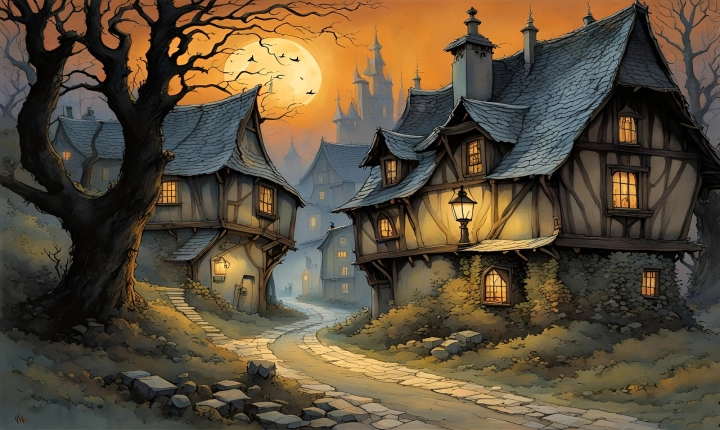The Influence of Artificial Intelligence on Culture
Artificial intelligence (AI) is revolutionizing the way we live, work, and communicate. Its impact on culture is profound, as it reshapes how we create art, consume media, and interact with each other. From the arts to fashion, AI is leaving an indelible mark on cultural expression and production.
One of the most significant ways AI affects culture is through its role in art and creativity. AI algorithms can now generate music, create visual art, and even write literature. This has sparked debates about the nature of creativity and the role of human artists in a world where machines can produce art. While some argue that AI art lacks the emotional depth and context of human-created work, others see it as a new form of expression that expands the boundaries of creativity.
In the realm of entertainment, AI is also having a profound impact. Streaming platforms use AI algorithms to recommend content to users, shaping viewing habits and influencing popular culture. Additionally, AI is being used to create more immersive and interactive experiences in video games and virtual reality. This has led to the blurring of lines between reality and virtual worlds, impacting how people perceive and interact with entertainment.
Furthermore, AI has transformed the way cultural heritage is preserved and accessed. Digital archives and repositories use AI to digitize and categorize cultural artifacts, making them more accessible to a global audience. AI-powered translation tools also enable people to engage with cultural texts and media from different languages and regions, fostering greater cross-cultural understanding and exchange.
In the realm of fashion and design, AI is being used to create innovative and sustainable products. Designers are harnessing AI to automate the design process, optimize supply chains, and reduce waste. This has the potential to revolutionize the fashion industry, making it more efficient and environmentally friendly, while also challenging traditional notions of creativity and craftsmanship.
However, as AI becomes more integrated into cultural production and consumption, it also raises ethical and societal challenges. Concerns about data privacy, algorithmic bias, and the impact of automation on employment are just some of the complex issues that need to be addressed. Moreover, the proliferation of AI-generated content raises questions about intellectual property, authorship, and the cultural value of human creativity.
In conclusion, AI is reshaping culture in profound ways, influencing how we create, consume, and interact with artistic and cultural expressions. It presents both opportunities for innovation and challenges for preserving ethical and humanistic values in a technologically driven world. As AI continues to evolve, it is essential for society to engage in ongoing dialogue and reflection on its impact on culture, ensuring that it enhances cultural diversity, creativity, and inclusivity.
